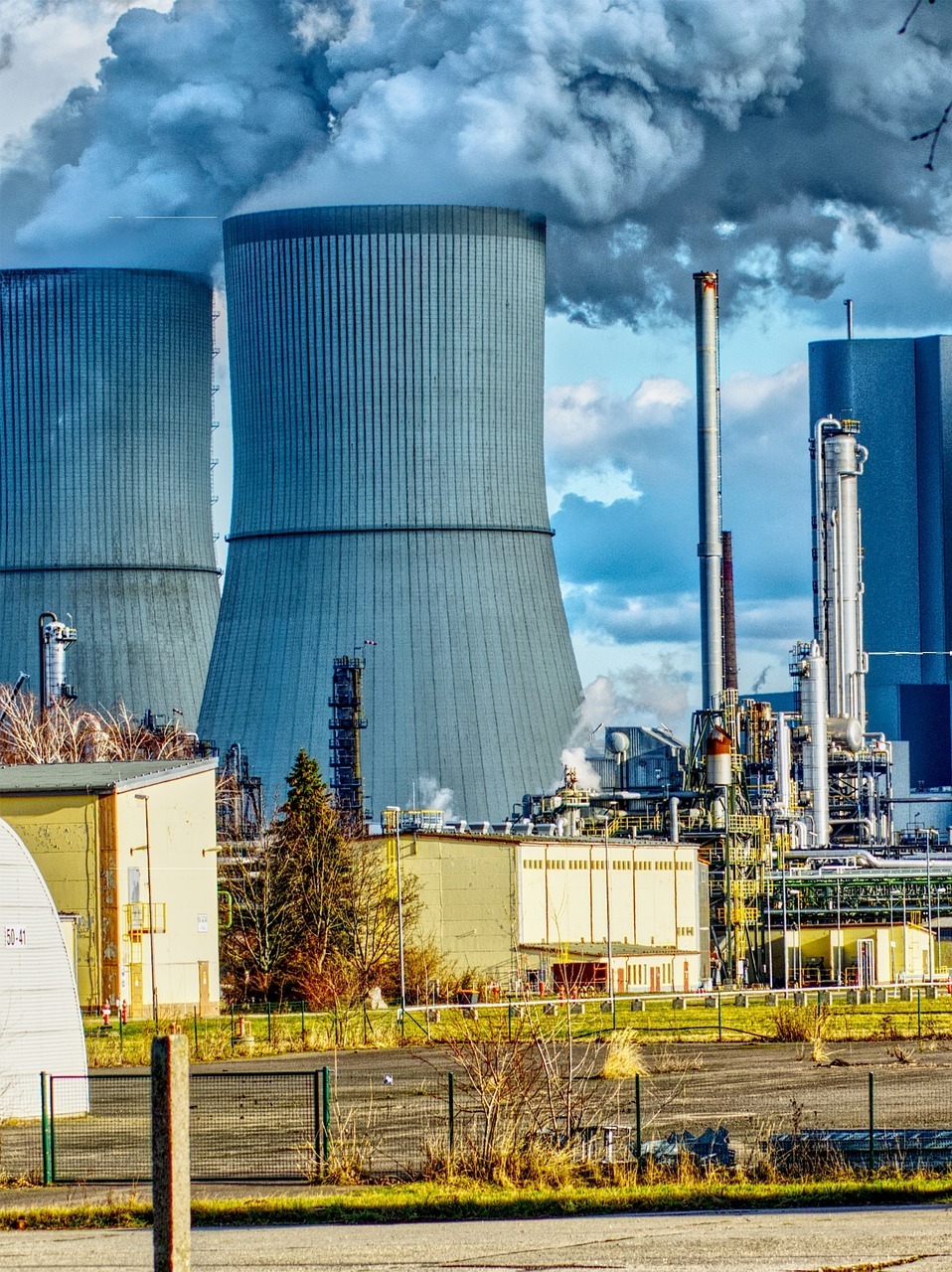Pulverised Fly Ash
What is Pulverised Fly Ash (PFA)?
Fly ash, also known as PFA (“Pulverized Fuel Ash”), is a waste product resulting from coal burning processes in industrial boilers and electric coal-fired boilers. The other two wastes products resulting from this combustion are “sub-hearth ash” and bottom ash. Ash is said to be “flying” in opposition to these two other types of waste. With what is known as “ash removed from the bottom of the boiler” or “bottom ash” in the UK, together form coal ash.
Environmental Impact
Currently, these ashes cannot be freely released into the atmosphere due to environmental legislation because of their hazardous nature. This is why industrialists in coal-fired power stations must capture the ash and set up equipment such as electrostatic precipitators or gas filtration systems to then unload them in a safe manner.
Fly ash can be divided into 3 categories according to their pozzolanic and / or hydraulic properties:
– Siliceous ash
– Calcium-silicate ash
– Calcium fly ash
Generally speaking, fly ash is made up of agglomerates of fine particles ranging from gray to black.
The main constituents being silica and alumina, the average density is close to 2.6 g / cm3.
The specific surface area varies between 2000 to 4000 cm21g, and the density of dry fly ash in bulk varies from 550 to 900 kg / m³ after settling.

Sustainable Use of Fly Ash
Fly ash is a pozzolan, a substance containing luminous and siliceous material that forms cement in the presence of water. When mixed with lime and water, this makes fly ash suitable as a prime material in blended cement, mosaic tiles, and hollow blocks, among other building materials.
When used in concrete mixes, fly ash improves the strength and segregation of the concrete and makes it easier to pump.
Fly ash is also recognized as a cement alternative and environmentally friendly material because it is a byproduct and has low embodied energy, the measure of how much energy is consumed in producing and shipping a building material.
PFA can also be used in the construction sector through earthworks, pavement layers, hydraulic road binders, etc.